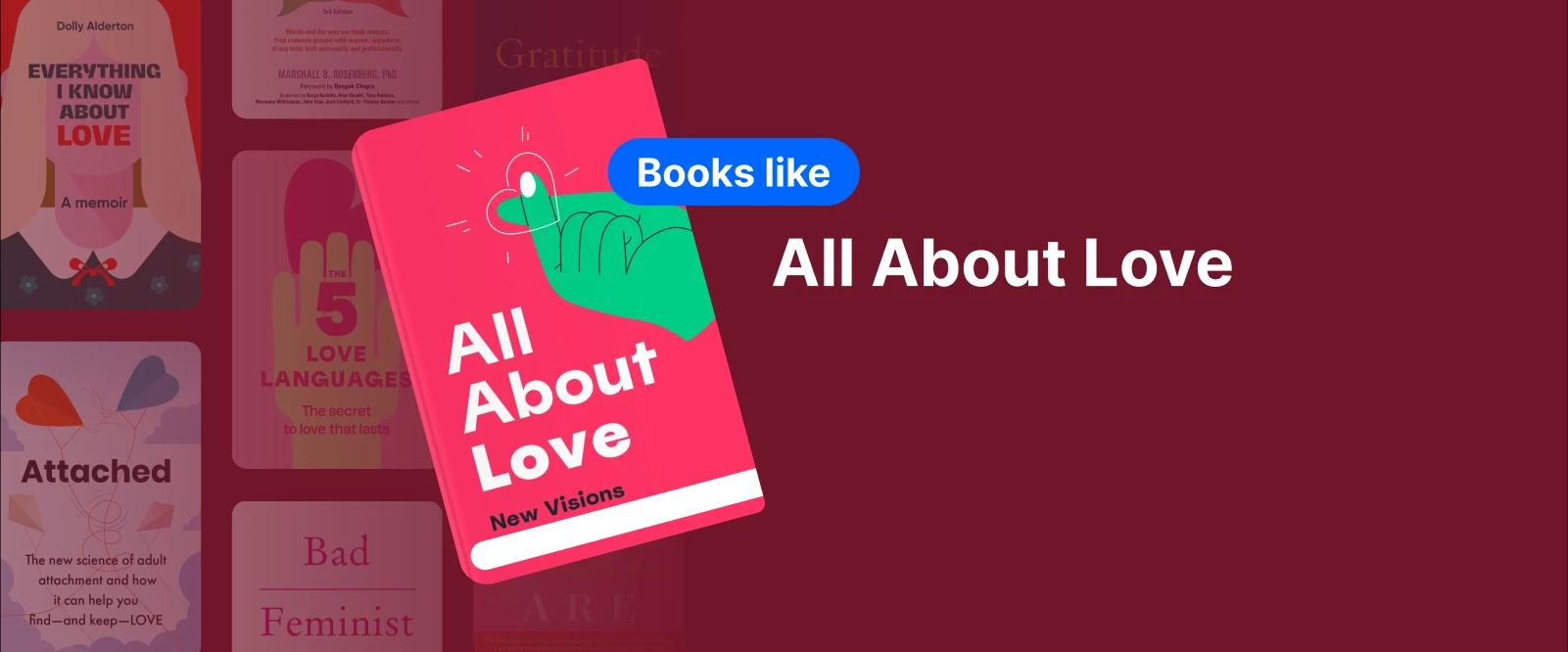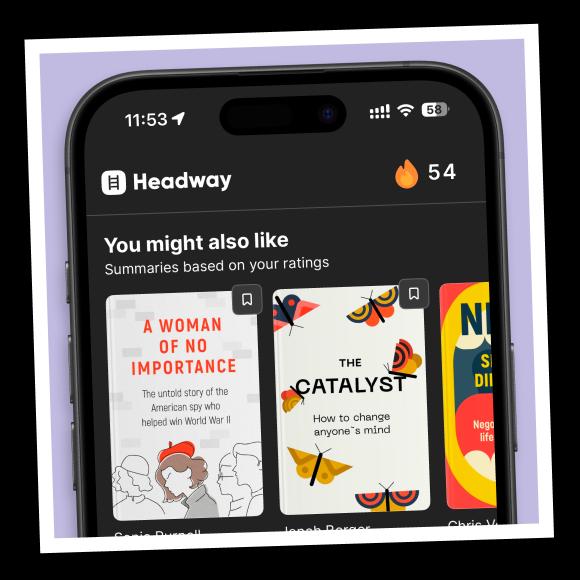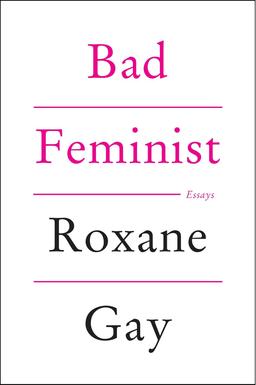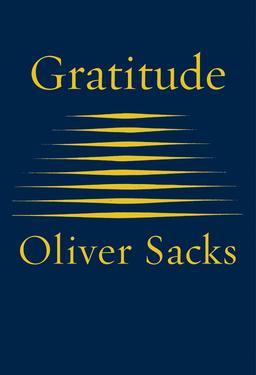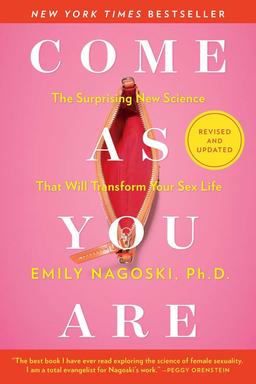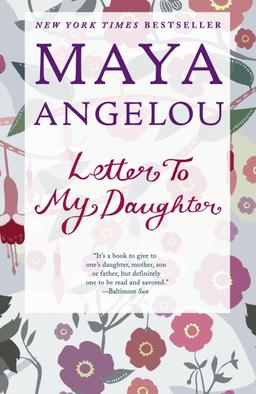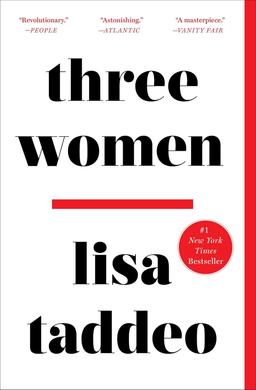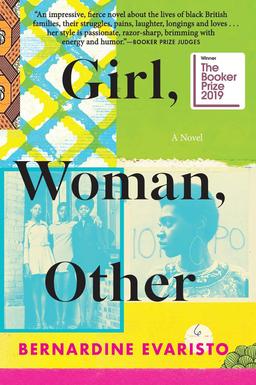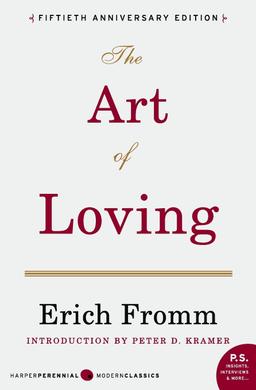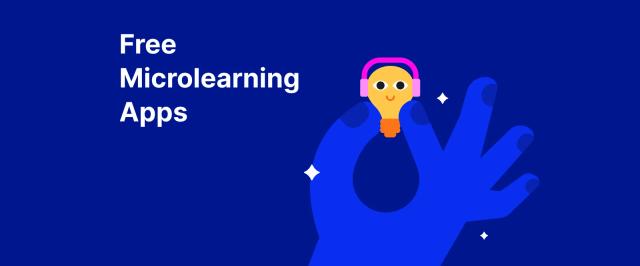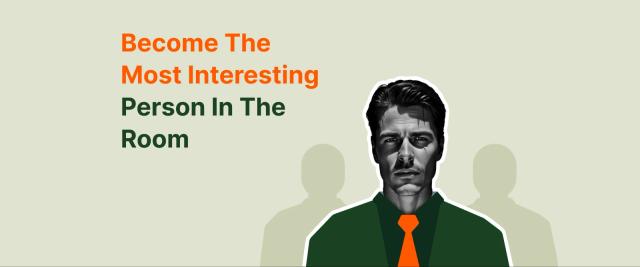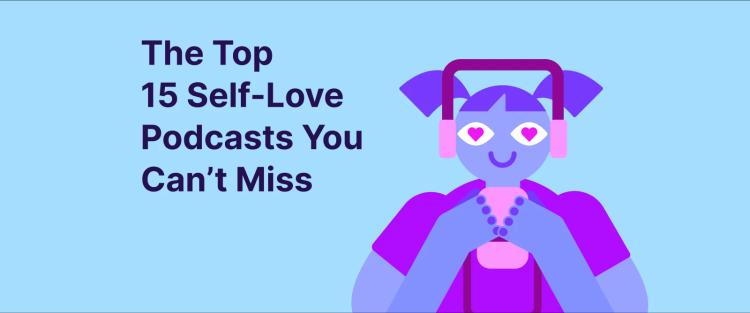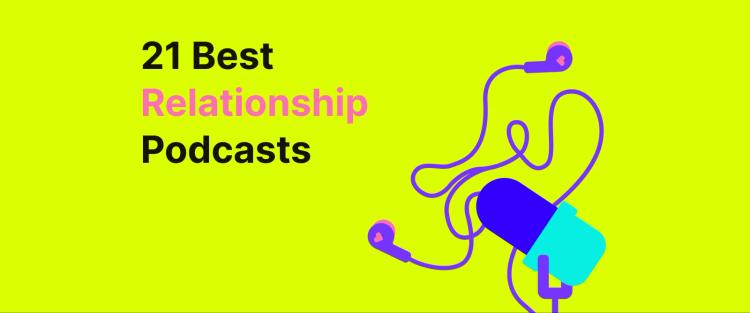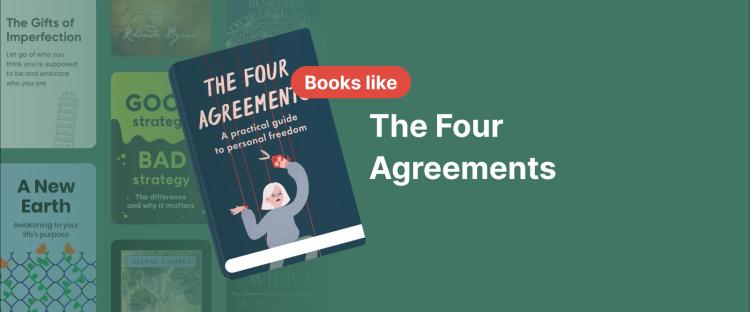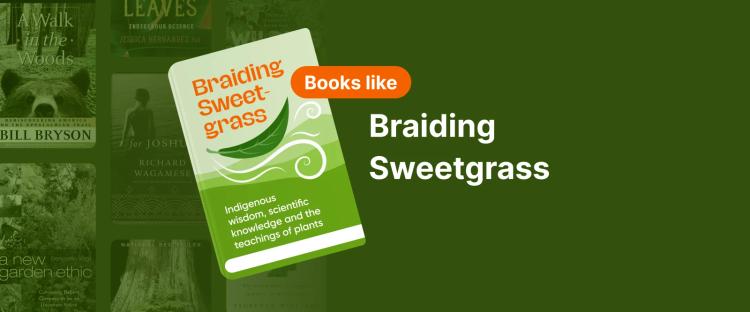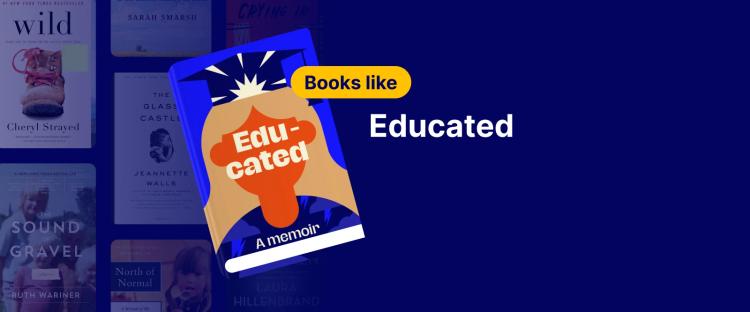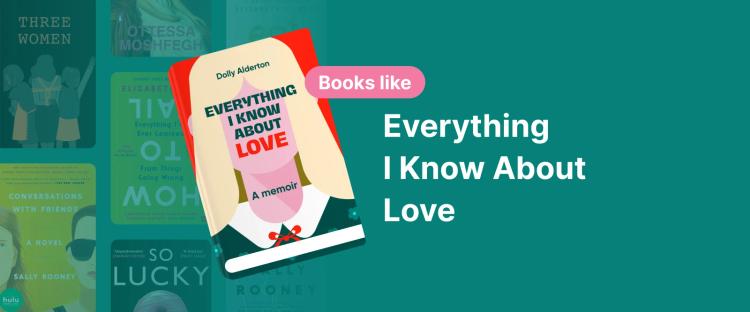You probably picked up 'All About Love: New Visions' because you were craving something real. And bell hooks delivered — calling out lovelessness, showing how love can be a daily ethic of self-discovery, supporting self-love, and promoting community well-being. It's the kind of book that makes you stop mid-page and think, "Yes, this is what I've been needing."
If your days already feel full, but you still want more books like 'All About Love,' don't worry! Headway turns the best books on love and self-help into quick, bite-sized insights you can read or listen to as audiobooks. That means you can grow on your commute, during a walk, or even while making coffee.
Download Headway to turn 15 minutes into steady progress — and when you're ready to dive deeper, pick up the full versions on Amazon, at your local library, or through Bookshop.
Quick answer: What are seven must-read books like 'All About Love'?
If you only have time for a few, start here:
'The Mastery of Love' by Don Miguel Ruiz: Toltec-informed, healing-first guidance that strengthens relationship dynamics in real life. A gentle partner to hooks' work.
'Attached' by Amir Levine and Rachel Heller: A clear primer on anxious, avoidant, and secure styles with steps to build security in romantic relationships.
'The 5 Love Languages' by Gary Chapman: Five simple ways people give and receive love; a long-running New York Times bestseller.
'Nonviolent Communication' by Marshall B. Rosenberg: A teachable method to turn conflict into connection with empathy and requests.
'Tiny Beautiful Things' by Cheryl Strayed: Compassionate counsel on heartbreak and hope; honest, thought-provoking, and deeply empowering.
'Come as You Are' by Emily Nagoski: Research-backed insights on sexuality, stress, and pleasure for healthier love and personal well-being.
'Beloved' by Toni Morrison: A monumental novel on memory, freedom, and love — not a simple love story, but an essential one about Black people surviving and loving after slavery.
The 15 best books like 'All About Love' to read in 2025
When you turn the last page of 'All About Love' by bell hooks, you don't just close a book — you open a hundred questions: How do I practice love in everyday life? What does real self-love look like when things get messy? How do I move through heartbreak or the complexities of love without falling back into lovelessness?
The titles below aren't random picks from a shelf. They're the best books available that echo hooks' honesty and give practical advice for romantic relationships, community care, and even your sense of well-being. Some are self-help, some are fiction books, and some blur the line between memoir and manual. But they're all must-reads if you want to deepen your practice of love.
📘 Ready to practice real love? Get Headway for transformative relationship wisdom in 15 minutes!
1. 'The Mastery of Love' by Don Miguel Ruiz
Uncover how old wounds, perfectionism, and fear block intimacy — and how self-acceptance rewires connection. This title complements 'The Four Agreements' and will help you practice love in everyday life.
Ruiz draws from ancient Toltec wisdom to explain how we create our own suffering in relationships. He believed you can't share what you don't have — so healing yourself is the first act of love.
Similarities between the books:
Center healing and self-love as the basis for healthy bonds
Make love a practice, not a mood
Offer practical advice you can try today
2. 'Everybody Always' by Bob Goff
Goff's stories are funny and tender, but they land on a serious point: love is a choice you renew daily, especially with difficult people. The text contains upbeat and actionable information for real-life moments.
Through his work as a lawyer, diplomat, and founder of Love Does, Goff shares wild true stories — like throwing parades for people others ignore. His message hits hard: stop just agreeing with Jesus and start doing what he said about loving everybody, always.
Similarities between the books:
Define love as action and commitment
Invite courage and generosity in public and private
Turn ideals into small, repeatable steps
3. 'Tiny Beautiful Things' by Cheryl Strayed
From the "Dear Sugar" letters comes fierce kindness about grief, heartbreak, and repair. You'll recognize your own experiences in the letters — and leave with the words for hard conversations.
Originally an anonymous advice columnist for 'The Rumpus,' Strayed brings her trademark raw honesty to questions about infidelity, loss, and finding your way. This collection became so beloved that it was adapted into a Hulu series — proof that her radical empathy resonates.
Similarities between the books:
Blend hard truths with deep compassion
Honor the complexities of love without cynicism
Offer thought-provoking reframes
4. 'Everything I Know About Love' by Dolly Alderton
Here's a memoir about friendships and dating by a young woman trying to navigate her own mess. Alderton shows how friendship is often the first great love. Writing from her late twenties, Alderton chronicles disastrous dates, heartbreak, and the friends who held her together through it all.
The book became a BBC series because readers saw themselves in her brutally honest take on millennial love life — complete with terrible decisions and beautiful recoveries.
Similarities between the books:
Look beyond coupledom to community care
Highlight growth through reflection and repair
Speak to young people about love
📘 Messy love life? Get Headway for honest relationship insights from writers who get it!
5. 'Attached' by Amir Levine and Rachel Heller
You learn how attachment styles shape relationship dynamics. It's about practicing clear asks, boundaries, and responses that build security. Overall, the text is a modern toolkit for romantic relationships.
Based on decades of attachment research, the authors identify three main styles — anxious, avoidant, and secure — and show how understanding yours changes everything. They include a quiz to pinpoint your style and specific strategies for each type to build healthier connections.
Similarities between the books:
Explain patterns in plain language
Turn insight into practice for everyday life
Make love feel learnable, not mysterious
6. 'The 5 Love Languages' by Gary Chapman
Words, time, gifts, service, and touch — these five love languages may seem simple, but when you speak your partner's language, your connection deepens. The book's revolutionary knowledge has kept it a staple on the New York Times list for years.
Chapman, a marriage counselor with over 35 years of experience, discovered these patterns through thousands of couples saying, "They just don't love me" when, really, they were loving in different languages. The book includes a quiz and has spawned versions for singles, teens, and even workplace relationships.
Similarities between the books:
Make love teachable and specific
Assist in meeting real needs, not guesses
Reward consistency over grand gestures
7. 'Nonviolent Communication' by Marshall B. Rosenberg
Here, you'll trade blame for clarity: observation, feeling, need, and request. Use it with partners, kids, and teams. It's the communication class most of us missed. Rosenberg developed this method while working in schools and war zones, proving it works even in the toughest situations.
The four-step process sounds simple, but it transforms how you handle conflict — replacing judgment with curiosity and demands with genuine requests.
Similarities between the books:
Focus on empathy and responsibility
Turn values into a language you can use
Reduce reactivity so that love can grow
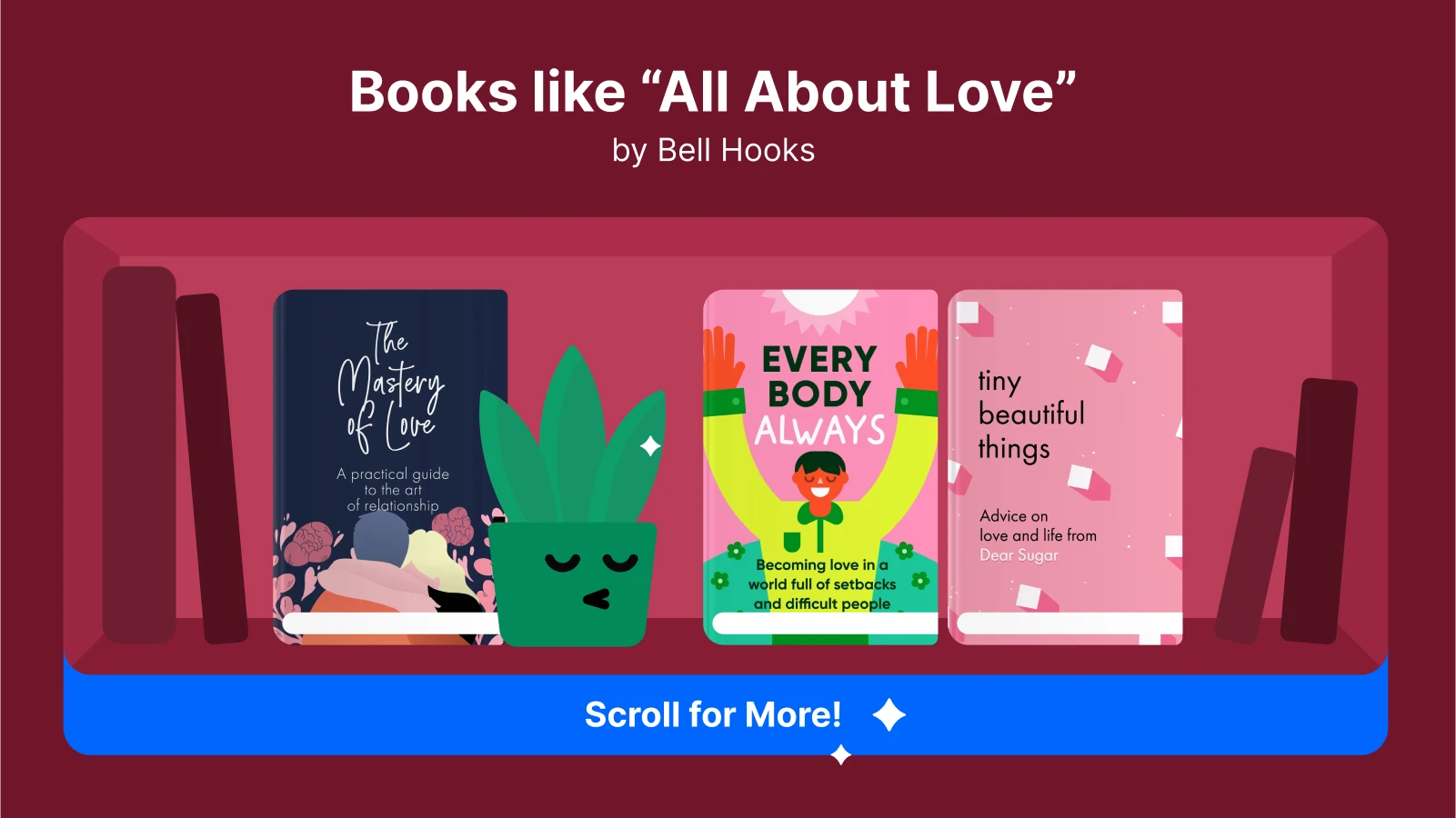 8. 'Bad Feminist' by Roxane Gay
8. 'Bad Feminist' by Roxane Gay
Smart, funny essays on gender, race, and pop culture. Gay models integrity without perfectionism and reminds you that values are lived, not claimed. She admits to loving problematic rap music, forgetting feminists' names, and being terrible at Scrabble — while still fighting for justice.
This collection shows how to hold contradictions without losing your principles, making space for imperfect people doing their best.
Similarities between the books:
Interrogate culture to make room for genuine care
Advocate for inclusion, nuance, and grace
Solid bracing and empowering reads
📘 Want integrity without perfectionism? Download Headway for nuanced wisdom from cultural critics!
9. 'Gratitude' by Oliver Sacks
Four luminous essays on love and mortality. This small book will recalibrate your attention and steady your heart.
Written after Sacks learned he had terminal cancer, these pieces celebrate life without denying death — including his joy at seeing the periodic table elements and falling in love at 75. His final writings remind us that gratitude isn't about toxic positivity; it's about honest appreciation for what we've had.
Similarities between the books:
Invite readers to values-based living
Connect love with attention and thankfulness
Soothe without sentimentality
10. 'Come as You Are' by Emily Nagoski
You learn how context, stress, and safety shape desire. The science is clear; the tone is kind. It's a strong remedy for shame, and a solid support for well-being.
Nagoski, an educator with a PhD, demolishes myths about "normal" sexuality using neuroscience and real stories from her workshops. Her dual control model — explaining sexual accelerators and brakes — has helped millions understand why desire isn't as simple as we've been told.
Similarities between the books:
Challenge myths with compassionate science
Promote body literacy and agency
Turn care inward so that love can move outward
11. 'Beloved' by Toni Morrison
A masterwork of fiction books that holds love, heartache, and history together. It's not a simple love story — it's love's labor under pressure, showcasing Black people fighting to live and love after slavery.
Morrison's Pulitzer Prize-winning novel follows Sethe, haunted by the ghost of her baby daughter and the trauma of the Sweet Home plantation. The story shows how love persists even when history tries to destroy it — and why sometimes loving means letting go.
Similarities between the books:
Face trauma's impact on love and repair
Show community as a vessel for healing
Shape how you define freedom and care
12. 'Letter to My Daughter' by Maya Angelou
Tender essays on dignity, courage, and tenderness. Angelou writes to the women who claimed her as kin. This journey will make you feel mentored — across time — by a wise friend. Though Angelou had no biological daughter, she dedicated this collection to the daughters she gained through life — and to you, the reader.
These 28 essays range from her childhood in Stamps, Arkansas, to her friendships with James Baldwin and her thoughts on aging with grace.
Similarities between the books:
Share lived wisdom in plain speech
Emphasize integrity and self-respect
Help you name what you stand for
📘 Need a mentor in your pocket? Try Headway for timeless wisdom from voices like Angelou!
13. 'Three Women' by Lisa Taddeo
Here, Taddeo presents a deeply portrayed portrait of desire and power. You'll see how context shapes choice and how women carry longing through real-life constraints.
Eight years of immersive reporting went into these three stories — Taddeo moved to the towns where these women lived, sat through their court cases, and captured their interior lives with novelistic detail. The result challenges every assumption about female desire and the prices women pay for wanting.
Similarities between the books:
Embrace women's interior lives without judgment
Reveal social stories shaping private choices
Spark difficult, thought-provoking conversations
14. 'Girl, Woman, Other' by Bernardine Evaristo
Evaristo depicts twelve interlinked lives across different generations. The book reads like polyphonic short stories, but the themes are consistent: kinship, survival, and love in motion.
This Booker Prize winner weaves together stories of mostly Black British women — from a 93-year-old farmer to a non-binary social media influencer — showing how their lives connect in unexpected ways. Evaristo's experimental style (no full stops!) mirrors how these lives flow into each other.
Similarities between the books:
Celebrate multiple stories and shared bonds
Push back on narrow narratives of belonging
Expand your map of love and community
15. 'The Art of Loving' by Erich Fromm
A classic that treats love as a discipline with humility, courage, and patience. After all, this title keeps showing up on book lists for a reason.
First published in 1956, Fromm's psychological and philosophical exploration argues that love is an art requiring knowledge and effort — not just a pleasant sensation that happens to you. His analysis of how capitalism shapes our capacity for love feels eerily relevant to dating apps and social media.
Similarities between the books:
Define love as a skill and commitment
Value honesty and practice over fantasy
Still serve as must-read guides decades later
Level up your love skills with Headway
If 'All About Love' gave you the vocabulary for care, commitment, and accountability, these book recommendations will widen your map. From attachment science to community, each title offers steps you can practice today. Keep what works, leave what doesn't, and treat love like the daily craft it is.
And if you want ideas that you can try, check out Headway. This app condenses nonfiction titles into short reads with spaced repetition so you remember the good stuff when life gets hectic. Text or audiobook — it's your choice.
Download Headway now and keep your reading habit alive on busy days.
Frequently asked questions about books like 'All About Love'
What's 'All About Love' by bell hooks about?
'All About Love: New Visions' is a bold, thought-provoking exploration of love as a practice — not just romance. hooks mixes her own experiences, feminist critique, and spiritual insight to challenge cultural illusions of love and call readers toward deeper self-discovery, justice, and community care.
What's bell hooks' theory of love?
hooks argues love is a conscious, ethical choice. She proposes a "love ethic" built from care, affection, recognition, respect, commitment, trust, and honest communication. Love isn't passive — it's deliberate work that connects a person's inner life with social justice and relational integrity.
Are any of these books better as audio?
What are the seven components of love that bell hooks names?
bell hooks lays out seven foundational ingredients for a healthy love ethic: care, affection, recognition, respect, commitment, trust, and honest and open communication. She argues that these components are not feelings but a set of actions that combine to form the architecture of genuine, healthy love, which she defines as a choice and a practice.
How does bell hooks define self-love?
What's the gist of 'All About Love' by bell hooks?
In 13 essays, hooks dismantles myths of romantic love, critiques cultural lovelessness, and asks readers to rebuild their notion of love. She frames love as both an individual and a collective work — rooted in ethics, spirituality, and self-help insights that transform everyday life.

